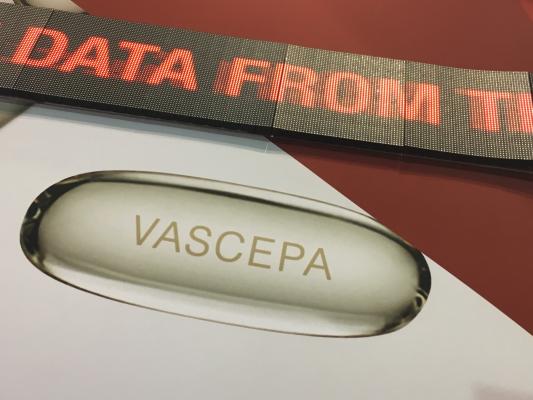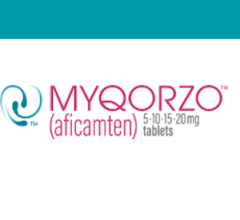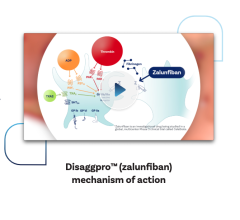
May 29, 2019 — Amarin Corp. plc announced that its supplemental new drug application (sNDA) for Vascepa (icosapent ethyl) capsules has been accepted for filing and granted Priority Review designation by the U.S. Food and Drug Administration (FDA). The Prescription Drug User Fee Act (PDUFA) goal date assigned by the FDA for this sNDA is Sept. 28, 2019. Because of the Priority Review designation, the timing of this PDUFA date is four months earlier than the anticipated standard ten-month review for applications.
Assuming FDA approval, Vascepa will be the first drug indicated to reduce residual cardiovascular risk in patients with statin-managed LDL-C cholesterol, but persistent elevated triglycerides, an important indicator of cardiovascular disease. This is a serious health challenge experienced by millions of people.
The FDA grants Priority Review designation to applications for drugs that, if approved, have the potential to offer significant improvements in the effectiveness and safety of the treatment of serious conditions when compared to standard applications.
The sNDA for Vascepa is based on the landmark REDUCE-IT cardiovascular outcomes study, primary results of which were published in The New England Journal of Medicine in November 2018.1 Additional results and analysis of total recurrent events observed were subsequently published in the Journal of American College of Cardiology in March 2019.2 Vascepa is currently indicated as an adjunct to diet to reduce triglyceride (TG) levels in adult patients with severe (TG >500 mg/dL) hypertriglyceridemia, an important but much smaller patient population than can be addressed with an approval of this sNDA.
In REDUCE-IT, Vascepa achieved the primary endpoint with a 25 percent relative risk reduction compared to placebo (95 percent confidence interval [CI], 0.68-0.83; p<0.001) in the first occurrence of a major adverse cardiovascular event (MACE) in the intent-to-treat population. In REDUCE-IT, MACE consisted of a composite of cardiovascular death, nonfatal myocardial infarction (MI or heart attack), nonfatal stroke, coronary revascularization (procedures such as stents and by-pass) and unstable angina requiring hospitalization.
As further evidence of the robustness of the REDUCE-IT results, Vascepa achieved the study’s key secondary endpoint with a 26 percent relative risk reduction (HR, 0.74; 95 percent CI, 0.65-0.83; p<0.001) in three-point MACE in the intent-to-treat population consisting of a composite of cardiovascular death, nonfatal heart attack and nonfatal stroke. Vascepa also achieved seven other secondary endpoints in the pre-specified hierarchical order below the key secondary endpoint, including a 20 percent relative risk reduction in cardiovascular death compared to placebo (HR, 0.80; 95 percent CI, 0.66-0.98; p=0.03). REDUCE-IT, a global study of 8,179 statin-treated adults with elevated CV risk, was performed based on a special protocol assessment (SPA) agreement with the FDA.
In REDUCE-IT, adverse events occurring with Vascepa use at greater than 5 percent and greater than placebo were:
-
Peripheral edema (6.5 percent Vascepa versus 5.0 percent), although there was no increase in the rate of heart failure in Vascepa patients;
-
Constipation (5.4 percent Vascepa versus 3.6 percent), although mineral oil, as used as placebo, is known to lower constipation; and
-
Atrial fibrillation (5.3 percent Vascepa versus 3.9 percent), although there were reductions in rates of cardiac arrest, sudden death and myocardial infarctions observed in Vascepa patients.
For more information: www.amarincorp.com
Related REDUCE-IT Content
VIDEO: REDUCE-IT Trial Shows New Therapy Option for Patients With Uncontrolled Triglycerides
Vascepa and Statins Significantly Reduce Cardiovascular Events
References
2. Bhatt D.L., Steg P.G., Miller M., et al. Effects of Icosapent Ethyl on Total Ischemic Events: From REDUCE-IT. J Am Coll Cardiol 2019. Epub ahead of print. https://doi.org/10.1016/j.jacc.2019.02.032.


 January 28, 2026
January 28, 2026 









